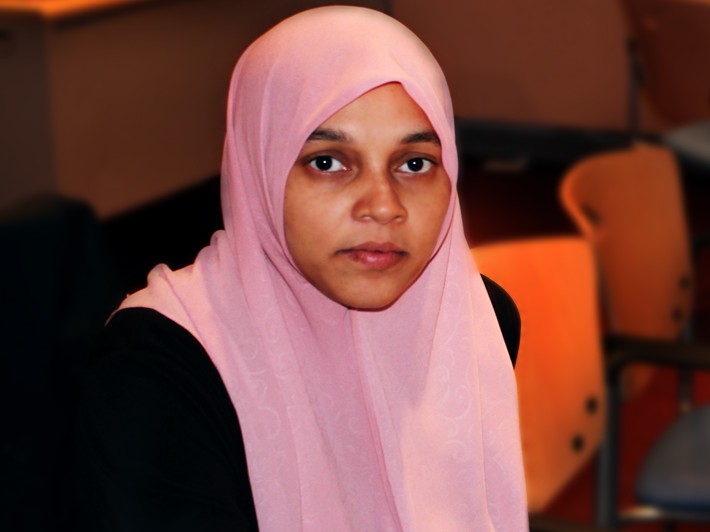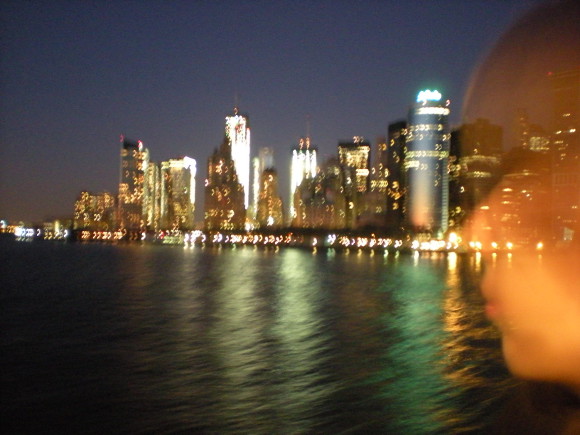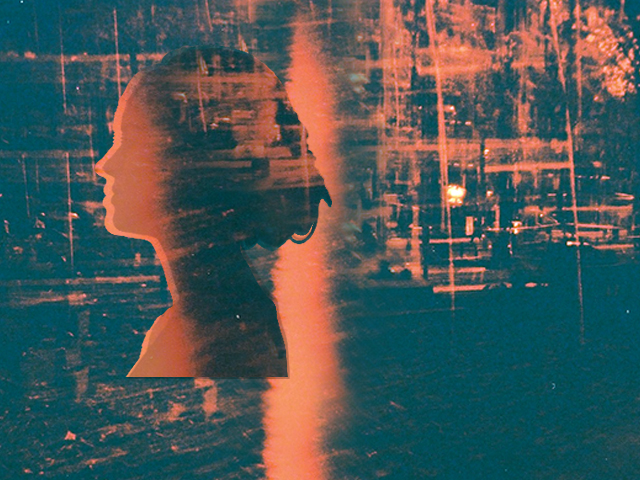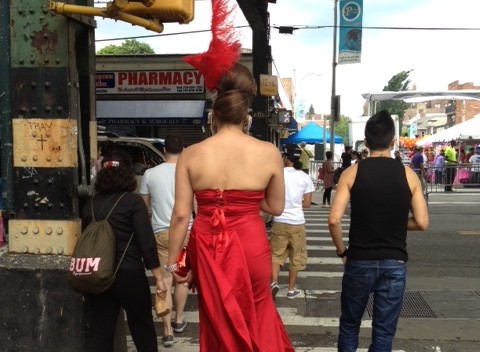“In Guyana, your faith is not held against you.”

August 15, 2012
It is often said that biggest export from Guyana—the only English-speaking country in South America—is its people. There are roughly 250,000 Guyanese in the New York area (almost one-third of the population of Guyana). While some are dispersed in Brooklyn and the Bronx, many Guyanese Americans live in Queens. Richmond Hill, with its numerous bakeries and restaurants, is known as Little Guyana, but many immigrants have fanned out into the nearby neighborhoods of South Jamaica, South Ozone Park, and Hollis.
Expecting her fourth child, college student Bebi Rejendra looks back at her journey from Guyana to Queens.
—
Where were you born?
In West Demerara, Guyana. My father was a cane cutter, and my mother was a homemaker. I was one of nine children, all sisters. Only seven of us survived.
You are studying for a degree in math. But you taught math in Guyana. How did that come about?
After high school, I started working as a teacher. My sisters and I would have liked to study at the University of Guyana, but we couldn’t afford it. So, I taught for a public school out in the country, near our village. Later, I taught at an Islamic school in the capital, Georgetown.
How did you adjust to New York City when you moved here in 2006?
There was some culture shock! I moved to St. Albans, Queens, with my husband’s family. Within two weeks of arriving, there was a big drug bust across the street. The SWAT team and helicopters were there. It was a bit scary.
How did you react to the diversity here?
Guyana is a huge territory in South America, mostly rainforest, with a tiny population. All the different ethnic groups speak the same language (English). And we all have the same accent! In Queens, I was shocked to see people who looked so familiar speaking unfamiliar languages, like French or Hindi.
What advantage did you gain moving from Guyana to New York?
Education. It is difficult to afford an education in Guyana. I never went to college before I came to New York, and I’ve done well here. My children will have a chance at a college degree. My husband is a teacher, and we’ve encouraged each other to keep going.
Talk about the disadvantages of moving.
Just last year, in New Jersey, Governor Chris Christie had to defend his choice to appoint a Muslim [Superior Court] judge. In Guyana, your faith is not held against you. Muslims are integrated into society: Everybody has a Muslim or Hindu in their family. Here, Muslims tend to be targeted. The mosques are under surveillance; everyone feels worried. You have to watch what you say, and you must worry about the safety of your children, especially the boys. I hope for a future where my children can grow up without fear of persecution.
How do you feel about the school system for children in the United States?
My husband and I are concerned with moral values and child supervision. We send our children to a Muslim school, where we know that enough adults are supervising. By the way, my daughter recently won a Muslim spelling bee competition!
Congratulations! What is a Muslim spelling bee?
Not all Islamic schools are recognized, so they aren’t always eligible to participate in all competitions. The Muslim spelling bees are for the students who attend Islamic schools.
It sounds like your sense of identity has changed since you moved here.
I have Indian ancestry, so in Guyana, I would identify primarily as a part of that ethnic group. But in the United States, being Muslim is what people notice first. On the other hand, while some Pakistanis and Bangladeshis do come over to our mosque and vice versa, most of our religious gatherings are with other Guyanese Muslims, so the solidarity amongst Muslim groups isn’t as strong as it could be.
Do you have much contact with Muslims from other countries?
I’ve met Muslim students from Pakistan, Yemen, Bangladesh, and other countries. They don’t necessarily think like the old folks! It has been a positive experience, very eye-opening.
As a mother expecting your fourth child, what is the difference between giving birth here or back home?
My first two children were born in Guyana. My third child was born here. The health facilities are better here. In Guyana, the medical facilities are sparse.
What do you like doing in Queens?
Going for biryani! My husband and I love going out to the Indian restaurants nearby. It’s really delicious and we never had it before we came here.



